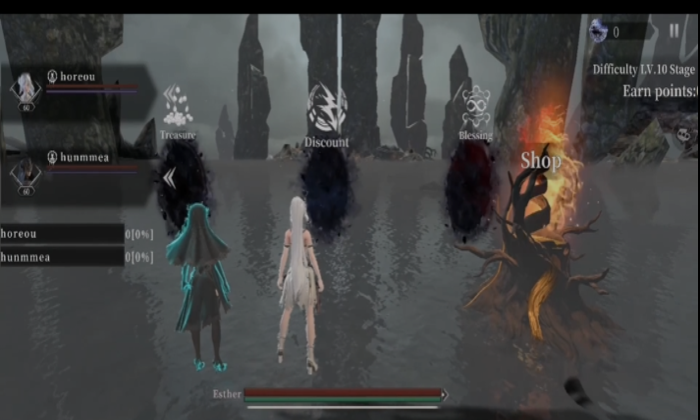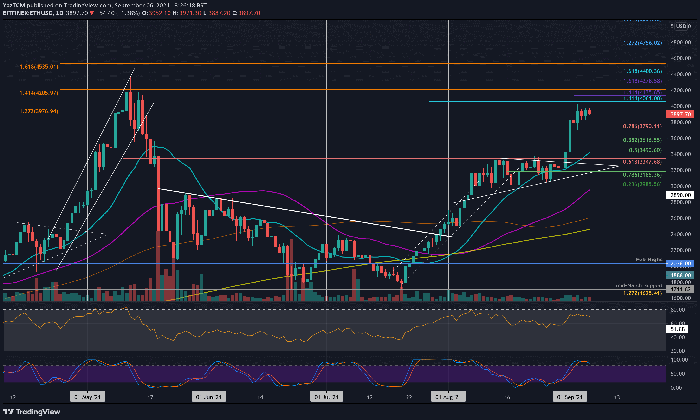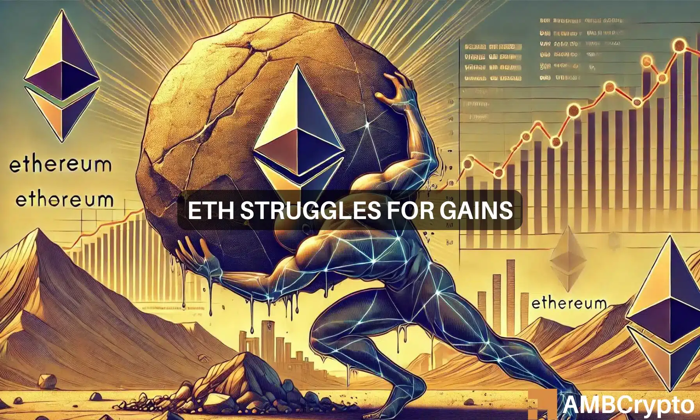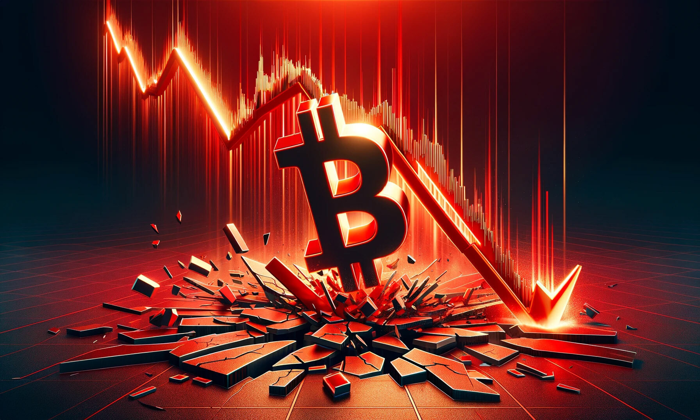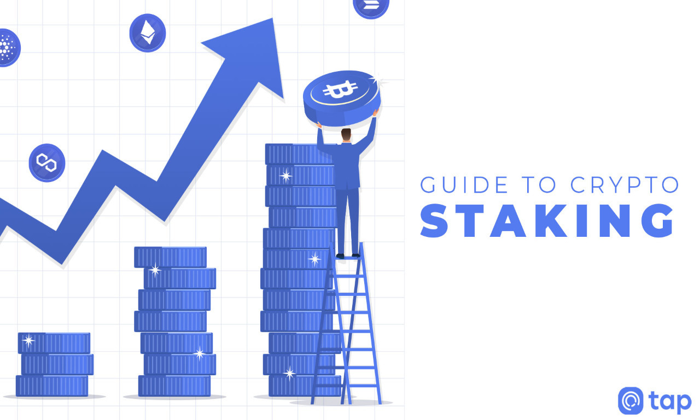The recent Blade of God X scandal has sent shockwaves through the NFT gaming community, revealing shocking behind-the-scenes turmoil. Amber Bella, the former CMO of BoGX, took to social media to expose serious allegations against Tnise Liu Yang and the Web2 development team. With claims of crypto game mismanagement and a blatant disregard for Web3 development issues, Bella’s revelations cast a dark shadow on the project’s integrity and future. As tension escalated during the launch of the Ethereal NFT collection, it became evident that the team was prioritizing outdated practices over investor expectations. This unfolding controversy not only threatens the foundation of Blade of God X but also raises critical questions about trust and transparency in the rapidly evolving world of NFT gaming.
The tumult surrounding the action RPG, known as Blade of God X, highlights fundamental concerns over its operational strategies and ethical conduct. Many in the community are now discussing the unfolding BoGX affair, where allegations of mismanagement by the development team have sparked intense debate. The issues surrounding the Ethereal NFT collection launch have unveiled deeper friction between traditional Web2 practices and the innovative Web3 framework the game initially promised. As the fallout continues, the focus is on the implications for both the project’s future and the broader dialogue on integrity within the crypto gaming landscape. With whispers of negligence and controversy, the need for accountability in these ventures has never been more critical.
The Fallout of Amber Bella from Blade of God X
Amber Bella’s recent revelations about her fallout with Tnise Liu Yang, the founder of Blade of God X (BoGX), sent shockwaves through the NFT gaming community. As the former CMO, her accusations highlighted serious concerns regarding mismanagement and unethical practices within the project. Bella’s public airing of grievances began when she was abruptly blocked from all communication with Yang, a move that raised red flags about the internal governance of BoGX. This lack of communication paved the way for her to disclose details regarding the internal turmoil and operational failures that had plagued the game’s development, especially regarding Web3 commitments.
In her account, Bella expressed frustration over the Web2 development team’s failure to prioritize the innovative aspects of Web3 gaming, particularly during key milestones like the launch of the Ethereal NFT collection. The consequent outages, management hurdles, and an apparent shift in focus towards Web2 features have jeopardized the project’s integrity and its standing with the community of Web3 investors. Bella’s testimony emphasizes the risks associated with crypto game mismanagement and serves as a cautionary tale for both developers and investors looking to navigate the complex Web3 landscape.
Tnise Liu Yang and the Blade of God X Scandal
The controversy surrounding Tnise Liu Yang’s leadership of Blade of God X has sparked heated discussions regarding the ethical responsibilities of game developers in the NFT space. Following Amber Bella’s exposé, many stakeholders expressed outrage over the alleged misallocation of funds and neglect of the community that had invested in the game’s Web3 potential. Yang’s decision to pivot the project’s focus entirely towards Web2 gaming not only undermined the original objectives but also illustrated a persistent trend of disregarding community interests in crypto projects.
This scandal sheds light on the broader issues within the NFT gaming industry, such as the challenges of integrating Web3 developments within traditional gaming frameworks. The failure to bridge these two realms can lead to significant reputational damage, as seen with BoGX. As players and investors are increasingly skeptical of such mismanagement, the community is left questioning the accountability of leaders like Yang, urging more transparency and ethical governance in future Web3 projects.
Web3 Development Issues Exposed by Bella
Amber Bella’s insights into the Web3 development issues faced by Blade of God X reveal critical shortcomings that many emerging blockchain projects may encounter. By detailing her team’s struggles to implement innovative Web3 features only to be thwarted by the Web2-focused agenda, Bella made a compelling case about the importance of aligning project goals with community expectations. For a game built on blockchain technology, ensuring genuine user engagement and leveraging decentralized finance concepts is paramount for success.
The conflicts illustrated in Bella’s account highlight the ongoing turmoil in the NFT gaming landscape, where many projects grapple with the complexities of integrating cryptocurrencies and blockchain technology into user-friendly gaming experiences. As game developers navigate these challenges, Bella’s narrative serves as a critical reminder of the need to prioritize community input and support in overcoming Web3 development issues.
Impact of the NFT Gaming Controversy on BoGX
The fallout from the NFT gaming controversy involving Blade of God X is likely to have lasting implications on both the project itself and the broader gaming industry. Following Amber Bella’s allegations of mismanagement, the trust between the game developers and the community has been significantly compromised. Many NFT holders are now left uncertain about the future value of their assets and the direction of the game, prompting a wave of skepticism surrounding similar projects in the Web3 gaming space.
As the dust settles, it becomes evident that the repercussions of this scandal may lead to increased scrutiny over NFT gaming practices. The need for ethical leadership and robust governance frameworks has never been clearer, as stakeholders demand accountability and transparency from developers. The BoGX controversy serves as a crucial learning opportunity, demonstrating the necessity for projects to maintain a steadfast commitment to their initial community-focused goals.
Bella’s Commitment to the BoGX Community
Despite the tumultuous fallout from her experience with Blade of God X, Amber Bella remains steadfast in her commitment to supporting the BoGX community. Her pledge to allocate her remaining 24.2 ETH to settle debts underscores her dedication to making amends and ensuring the community’s ongoing welfare. This proactive step may help restore some confidence among community members who feel abandoned in light of the project’s recent challenges.
Bella’s intention to prioritize community engagement in future endeavors highlights a growing trend among crypto and NFT developers: the understanding that community trust is paramount for sustained success. By taking concrete actions to support the BoGX community, Bella sets a precedent for other developers in the Web3 space, emphasizing that accountability and collaboration with community stakeholders can mitigate the impacts of earlier mismanagement.
Lessons Learned from the Blade of God X Experience
The tumultuous scuffles experienced by Blade of God X serve as a focal point for valuable lessons within the NFT gaming sector. Lessons learned from Amber Bella’s experience could guide future projects and marketers in the blockchain game space to approach their community relations more carefully. A recognition of the balance between Web2 traditions and the transformative potential of Web3 technologies is crucial, especially when crafting game economies that appeal to both traditional and decentralized finance models.
Moreover, this situation lays bare the need for developers to instill robust communication strategies and transparent operations within their projects. For game creators pending on community funding and support, integrating rigorous processes for feedback and engagement can prevent the type of fallout seen with BoGX. Learning from these painful experiences will help in constructing a healthier ecosystem for innovation and growth within the NFT gaming landscape.
Future Prospects for Blade of God X after the Scandal
In the wake of the scandal surrounding Amber Bella and Tnise Liu Yang, the future prospects for Blade of God X remain uncertain. The project’s integrity has been challenged, raising doubts among investors and players regarding its ability to recover. Without clear leadership changes or strategic pivots, there could be dwindling community interest, further diminishing the likelihood of successful recovery within the NFT gaming community.
Moving forward, the success of Blade of God X will depend on the willingness of its leadership to address the issues raised and provide transparent communication with the community. By reaffirming commitments to the Web3 framework and implementing ethical management practices, Yang could potentially regain the trust lost due to the unfolding scandal. How the team navigates these hurdles in the coming months will determine not only the future of BoGX but also set a precedent for accountability in the NFT gaming industry.
Community Responses to the BoGX Fallout
In the wake of the scandal involving Blade of God X, community responses have varied widely, reflecting a mixture of disbelief, anger, and disappointment. Many NFT holders took to social media platforms to express their frustrations over the perceived mismanagement by the development team and the failure to uphold commitments to the Web3 community. This outcry serves as a powerful reminder of the importance of community involvement in projects that rely heavily on user investment and participation.
As discussions surrounding the fallout continue, there is a glimmer of hope that this crisis will lead to positive changes within the BoGX community. User groups have begun organizing discussions to explore their options, fostering dialogue aimed at enhancing accountability and preventing future mismanagement. The level of engagement from the community could stimulate wider industry awareness regarding the importance of ethical practices and transparent governance in the NFT gaming space.
The Role of Ethical Practices in Web3 Development
Amber Bella’s narrative serves to underline the essential role of ethical practices in Web3 development, especially in the context of blockchain gaming projects like Blade of God X. As stakeholders in the digital economy grow increasingly concerned about transparency and governance, project leaders must place a higher priority on ethical considerations. The consequences of neglecting ethical responsibility can manifest in damaged reputations and community distrust, ultimately jeopardizing the success of innovative projects in the NFT space.
To foster long-term sustainability in the Web3 realm, developers must adopt strategies that prioritize fair treatment of community members while diligently pursuing technological advancements. The lessons drawn from the BoGX experience highlight the need for an ethical framework that places community interests at the forefront, ensuring that risks associated with crypto game mismanagement are minimized.
Frequently Asked Questions
What is the Blade of God X scandal involving Amber Bella and Tnise Liu Yang?
The Blade of God X scandal centers around allegations made by Amber Bella, the former CMO of the game, against its founder, Tnise Liu Yang. Bella accused Yang and the Web2 development team of mismanagement, neglecting the Web3 aspect, and acting unethically. She highlighted issues such as blocking communication, prioritizing outdated features, and letting team members manipulate leaderboard results.
How did Amber Bella’s revelations impact the Blade of God X community?
Amber Bella’s revelations about the Blade of God X scandal led to significant turmoil within the community. Her accusations of mismanagement and unethical practices unveiled the internal chaos, causing many players and investors to question the project’s integrity. Bella also pledged 24.2 ETH to help settle debts owed to the community, showcasing her commitment to support despite the fallout.
What were the key accusations made by Amber Bella against the Blade of God X development team?
Amber Bella’s key accusations against the Blade of God X development team included mismanagement of Web3 assets, prioritizing outdated Web2 features over Web3 enhancements, and the unethical practice of team members competing unfairly on leaderboards. These issues led to operational failures during critical project launches, impacting the player experience.
What led to the fallout between Amber Bella and Tnise Liu Yang regarding Blade of God X?
The fallout between Amber Bella and Tnise Liu Yang was precipitated by a series of conflicts over the direction of Blade of God X. Bella claimed that her communication was abruptly cut off and that her proposals for improving the game’s Web3 elements were rejected in favor of Web2 strategies. This ongoing disagreement culminated in her public disclosures of the project’s management issues.
How did the Blade of God X scandal affect the NFT gaming landscape?
The Blade of God X scandal highlights broader issues within the NFT gaming landscape, including concerns over transparency and management practices in crypto games. As Amber Bella revealed significant internal conflicts and mismanagement, it raises questions about how similar projects handle funds and community involvement, potentially leading to increased scrutiny in the NFT gaming sector.
What is the significance of Amber Bella’s 24.2 ETH pledge for the Blade of God X community?
Amber Bella’s pledge of 24.2 ETH for the Blade of God X community serves as a gesture of goodwill amidst the scandal. It signifies her dedication to the community despite her fallout with the project’s leadership. This action aims to address some of the financial concerns faced by community members and restore faith in the project after widespread allegations of mismanagement.
What are the implications of the Blade of God X scandal for Web3 development?
The implications of the Blade of God X scandal for Web3 development include a potential reconsideration of how teams structure collaborations between Web2 and Web3 elements. Bella’s accusations of mismanagement may prompt other projects to enhance transparency, ensure alignment on development priorities, and prioritize community needs to avoid similar pitfalls.
How can the Blade of God X controversy influence future crypto game projects?
The Blade of God X controversy may influence future crypto game projects by emphasizing the need for ethical management and clear communication channels. The fallout serves as a cautionary tale about the risks of neglecting community engagement and the challenges of integrating Web3 innovations while maintaining operational integrity.
| Key Point | Details |
|---|---|
| Former CMO Exposé | Amber Bella revealed issues with Tnise Liu Yang and the development team concerning mismanagement and neglect of Web3. |
| Launch Problems | The Ethereal NFT collection launch in October 2024 resulted in significant technical failures, creating community dissatisfaction. |
| Web2 Team Issues | Bella accused the Web2 team of prioritizing outdated features over Web3 enhancements, damaging player experience. |
| Misuse of Funds | Bella claimed Web2 team members exploited in-game features for personal gain, leading to ethical concerns. |
| Communication Breakdown | After being blocked by Yang, Bella faced challenges in addressing financial issues and project management. |
| Support for the Community | Bella pledged 24.2 ETH to help settle debts owed to the BoGX community, reaffirming her commitment. |
Summary
The Blade of God X scandal has unveiled significant internal conflict within the game’s development team, primarily driven by Amber Bella’s revelations. Her accusations of mismanagement and unethical practices point to a dire situation that undermines player trust. The fallout emphasizes the importance of transparency and effective communication in the rapidly evolving landscape of blockchain gaming, highlighting challenges in aligning Web2 and Web3 strategies. As the community navigates these issues, Bella’s commitment to aid the community with her own resources may provide a glimmer of hope amidst the turmoil.
The recent Blade of God X scandal has sent shockwaves through the NFT gaming community, as former CMO Amber Bella publicly revealed shocking mismanagement details that could jeopardize the project’s future. Bella alleged that Tnise Liu Yang, the founder of this ambitious blockchain-based RPG, was at the helm of a disintegrating team that neglected the crucial Web3 development issues after securing significant investment. Her accusations included unethical practices and a refusal to implement necessary updates, which led to a catastrophic outage during the October 2024 launch of the Ethereal NFT collection. This NFT gaming controversy further deepened when Bella disclosed that the Web2 development team prioritized outdated features and even exploited their positions to unfairly compete in-game. As the fallout continues to unfold, the implications of this crypto game mismanagement are leaving many investors and players concerned about the future of Blade of God X.
In the wake of serious allegations, the tumult surrounding the blockchain role-playing game Blade of God X (BoGX) has become a hot topic among crypto enthusiasts. The outcry began when Amber Bella, the project’s ex-CMO, took to social media to discuss her troubled experiences with the game’s leadership and their handling of vital Web3 elements. Tnise Liu Yang, the game’s founder, has been accused of shifting focus away from decentralized principles, casting doubt on the integrity of the NFT gaming ecosystem. Bella’s revelations highlight significant concerns over development mishaps and ethical lapses that have threatened the project’s viability. As the situation evolves, it raises pressing questions about the responsibilities of developers in managing community trust and financial commitments in the rapidly changing landscape of crypto gaming.
